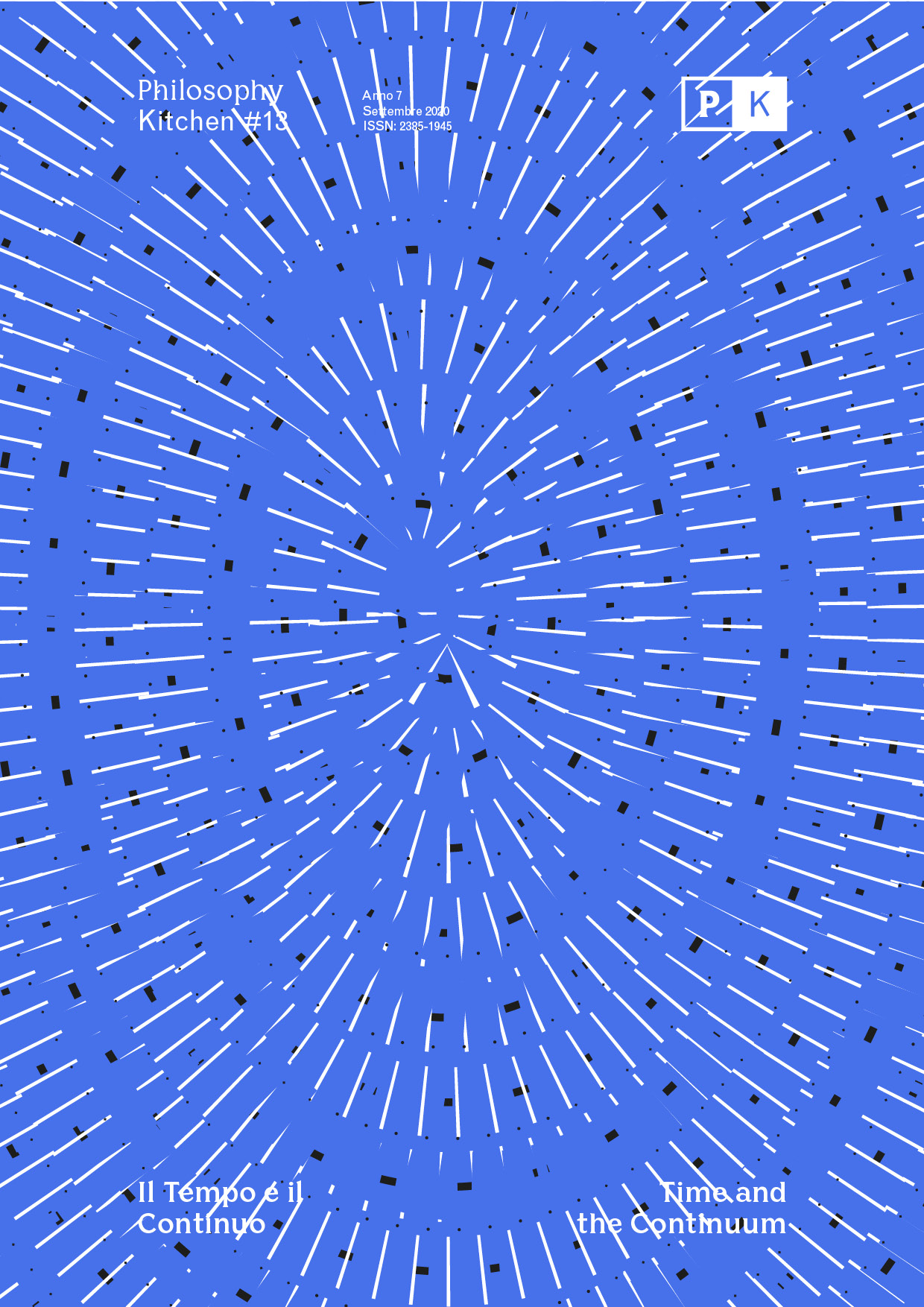Relive Zeno's Nightmare. Two Clinical Evidences
DOI:
https://doi.org/10.13135/2385-1945/5179Abstract
Phenomenology has provided important investigative tools to psychopathology, psychiatry, neuropsychology and clinical psychology: one of these is undoubtedly the notion of lived temporality, duration, subjective episodic temporality that we find in many clinical models among such as Dalla Barba’s Memory, Consciousness and Temporality Theory and Parnas’s Ipseity-Disturbance Model. From the comparison of these models, we discover that both Dalla Barba’s Temporal Consciousness and Parnas’s Ipseity are lived temporality: a malfunction or weakening of this lived temporality would lead to confabulation (Dalla Barba) and to the manifestation of the first prodromal and early symptoms of a spectrum syndrome of schizophrenia (Parnas). In both disturbances time is blocked, encapsulated in the moment: in confabulation it becomes the serial cloning of a revitalized and relived engram; in schizophrenia a step that we cannot take in time, an eternal slow motion, Achilles or the arrow immobilized in their island of time. The lived temporality therefore leaves the purely speculative sphere and takes the form of a trans-diagnostic and differential diagnosis criterion in a dimensional approach that is by now guiding the latest clinical research. What role can the philosopher still have in this perspective?





